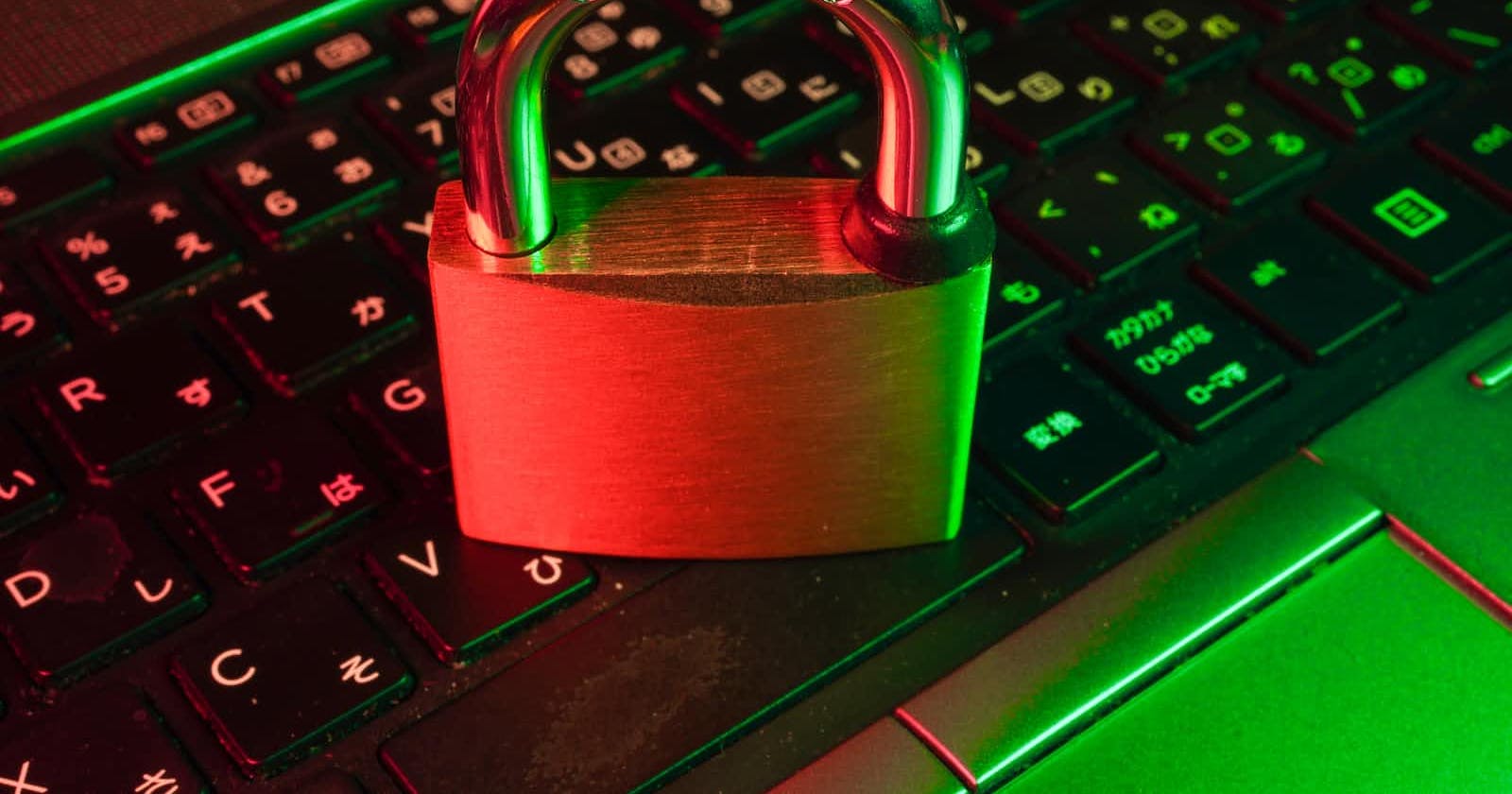Confidentiality, Integrity and Availability: The CIA Triad
What is the CIA triad and why is it so important in cybersecurity?
If you are outside the information security community, hearing the phrase "CIA Triad" makes you think of the "Central Intelligence Agency". Instead, the CIA triad has everything to do with keeping your organization’s data, networks, and devices safe and secure while strengthening the security posture of your organization. This acronym stands for Confidentiality, Integrity, and Availability in cybersecurity.
The CIA triad is a common model that forms the basis for the development of security systems. They are used for finding vulnerabilities and methods for creating solutions. The confidentiality, integrity, and availability of information are crucial to the operation of a business, and the CIA triad segments these three ideas into separate focal points.
Ideally, when all three standards have been met, the security profile of the organization is stronger and better equipped to handle threat incidents.
Confidentiality in Cybersecurity
Confidentiality is a crucial aspect of cybersecurity, encompassing the efforts made by organizations to keep data secret and private. The objective is to control access to information, preventing unauthorized individuals from sharing data, whether intentionally or accidentally. Maintaining confidentiality entails implementing stringent measures to restrict access to important assets within the organization and ensuring that only authorized personnel have the necessary privileges.
A key example of confidentiality measures in action is seen in financial operations. Employees responsible for an organization's finances must have access to spreadsheets, bank accounts, and other relevant information. However, the vast majority of employees, and even certain executives, may not be granted such access. To enforce these policies, robust restrictions are put in place, dictating who can access which data.
There are several ways confidentiality can be compromised. This may involve direct attacks aimed at gaining access to systems the attacker does not have the right to see. It can also involve an attacker making a direct attempt to infiltrate an application or database so they can take data or alter it.
To combat breaches of confidentiality, various measures can be implemented. These include classifying and labelling restricted data, enforcing access control policies, encrypting sensitive information, and deploying multi-factor authentication systems. It is equally important to provide comprehensive training and knowledge to all employees within the organization to help them recognize potential dangers and take necessary precautions.
Integrity in Cybersecurity
Integrity is a crucial aspect of cybersecurity and information security, ensuring that data remains authentic, accurate, and reliable. It involves protecting data from unauthorized access, manipulation, or corruption throughout its lifecycle. Maintaining integrity is essential in various domains, such as e-commerce, banking, and online transactions.
In e-commerce, customers rely on the integrity of product details, pricing, and order information. Similarly, in banking, trust is established by ensuring that account balances and banking information remain unaltered. Data integrity measures include preventing unauthorized access, tampering, or corruption during data transmission, storage, and usage.
Data integrity can be compromised through intrusion detection systems, modifications to configuration files, or human errors. To safeguard the integrity, encryption, digital signatures, hashing, and digital certificates are employed. Intrusion detection systems, strong authentication mechanisms, version control, auditing, and access controls also play a role in maintaining integrity.
Overall, integrity in cybersecurity ensures the trustworthiness of data, mitigates risks of unauthorized changes or corruption, and upholds the reliability of the information in various domains.
Availability in Cybersecurity
Availability is crucial for data to be useful and accessible to individuals within an organization and its customers. It ensures that systems, networks, and applications are functioning properly and that data can be accessed promptly.
However, availability can be compromised by various factors. Power outages, natural disasters, or deliberate acts of sabotage like Denial of Service(DoS) attacks or ransomware can disrupt access to critical systems and information. Without a robust disaster recovery system, organizations may struggle to restore access to essential services during such events.
To ensure availability, organizations can implement redundant networks, servers, and applications that can seamlessly take over when the primary system fails. Staying up to date with software upgrades and security systems helps prevent malfunctions and vulnerabilities that could impact availability. Backups and comprehensive disaster recovery plans are essential for quickly recovering availability after a negative event.
Maintaining availability requires proactive monitoring, continuous testing, and diligent response to any disruptions. It is essential to prioritize uptime and minimize service interruptions to ensure smooth operations and customer satisfaction. By investing in redundancy, security measures, and recovery strategies, organizations can mitigate the risks and ensure the availability of critical data and services.
Ultimately, availability complements confidentiality and integrity in forming the foundation of a robust information security framework. It ensures that data is not only protected and accurate but also readily accessible to authorized individuals when they need it.
When and Why should you use the CIA Triad?
Anytime you want to protect something important to you, like personal information, sensitive documents, or even just your favourite videos, the CIA triad is what you should use. It's like having your security squad that keeps your stuff private, makes sure it's trustworthy and ensures you can get to it whenever you need it. Whether you're running a business, managing your files, or simply trying to keep your secrets safe, the CIA Triad is your go-to guide for keeping things secure.
Summary
Confidentiality ensures that data is kept private and accessible only to authorized individuals. Integrity ensures that data remains accurate, trustworthy, and unaltered. Availability ensures that data and systems are accessible and operational when needed. The CIA Triad encourages a balanced approach to security. By considering all three aspects, you can create a well-rounded security approach. When people trust that their data is secure and available when needed, they are more likely to engage with your organization and share sensitive information.


